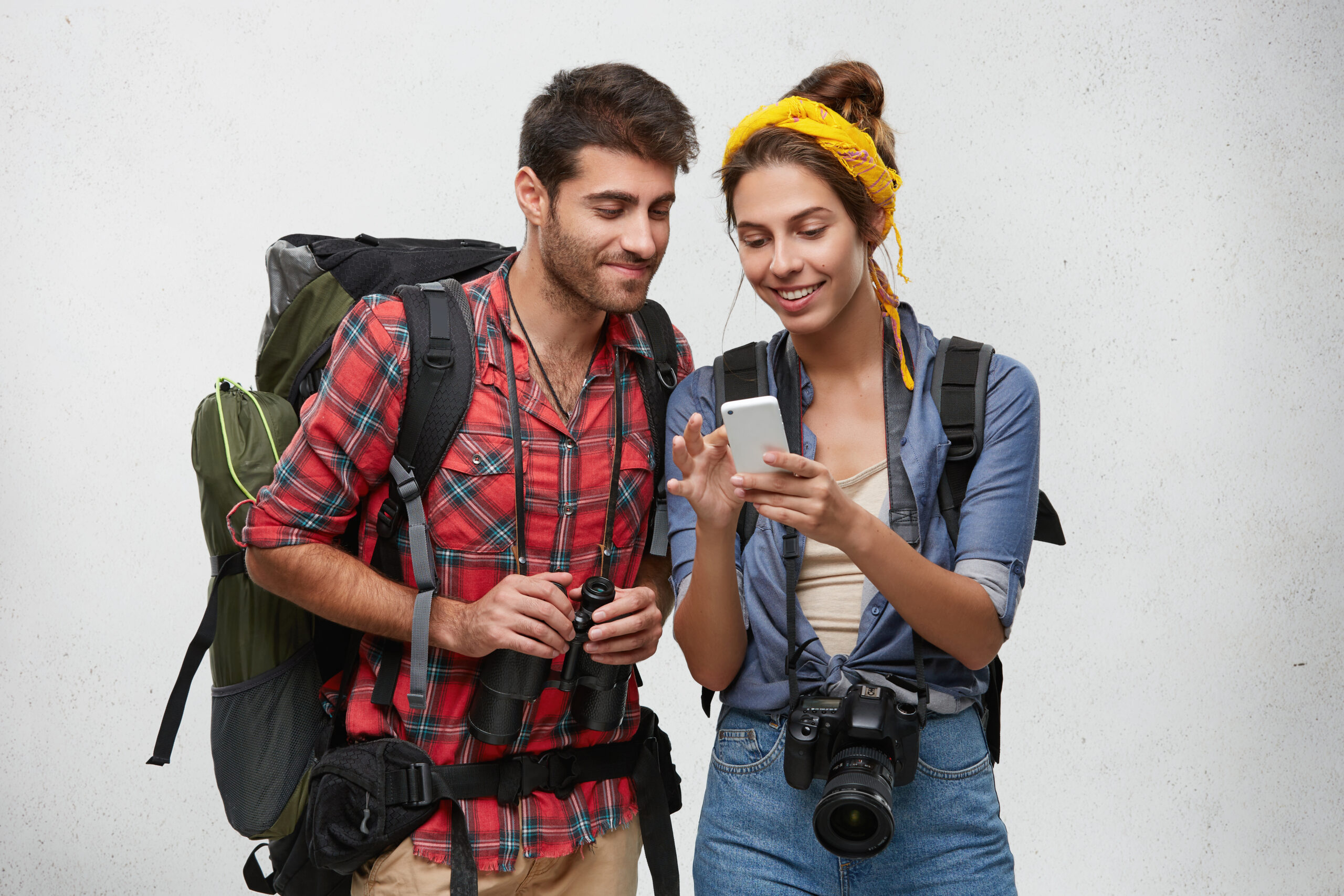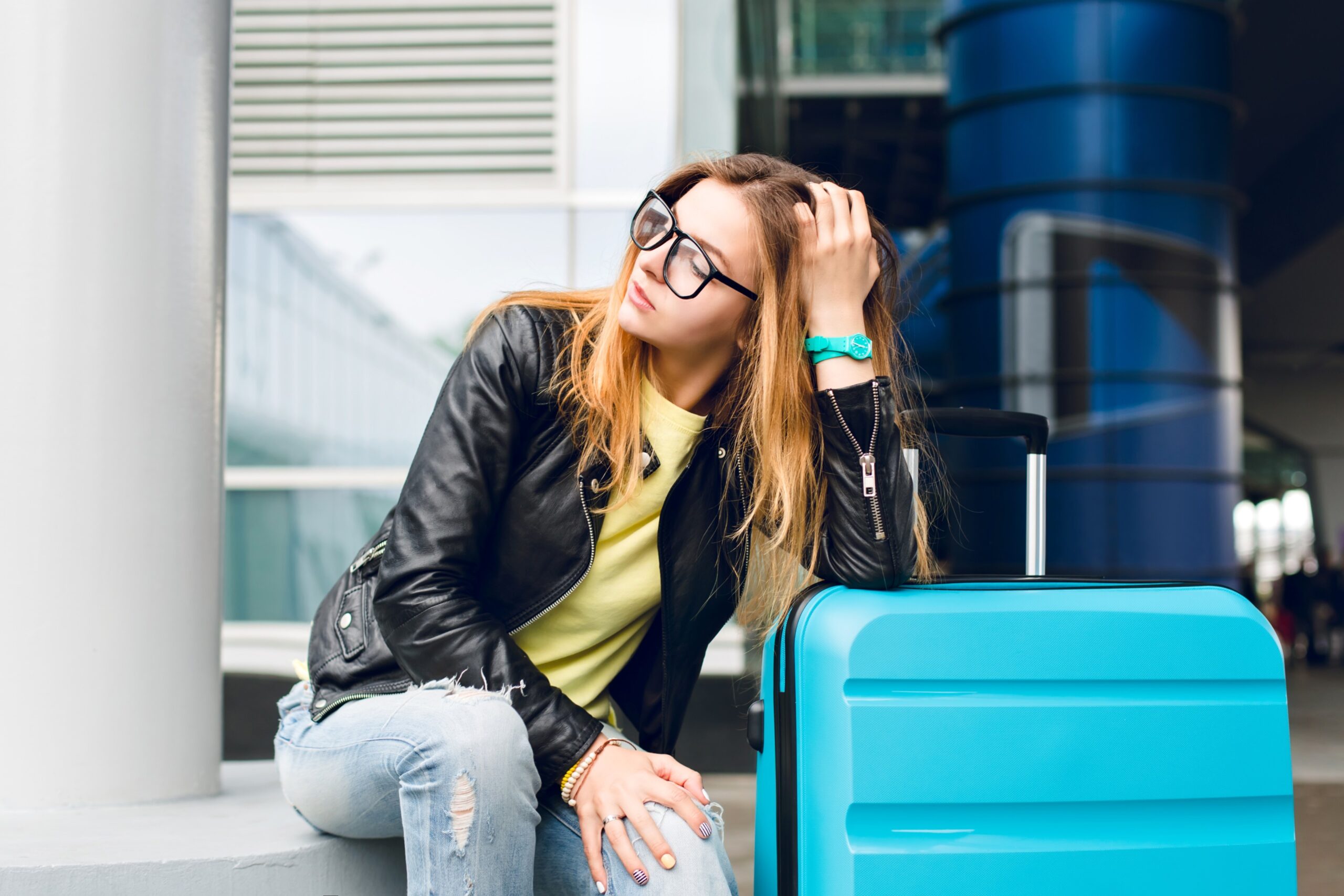Traveling solo is a liberating experience for many, offering a unique opportunity for self-discovery and adventure. For first-time solo travelers, the encounter can feel almost spiritual. However, the greatest concern for a solo traveler is safety. Without a companion to watch your back or cover your vulnerabilities, you need to be extra vigilant and take added care of yourself. Here is a comprehensive guide to help you minimize the risks associated with solo travel, ensuring that your trip is as memorable as it is safe.
1. Research Thoroughly for a Better Experience
Knowledge is Power
Before embarking on your solo journey, it’s crucial to research your destination extensively. Knowing what to expect can help you avoid potential pitfalls and make the most of your adventure.
- Gather Information: Learn about the culture, customs, and local laws of the places you plan to visit. Understand the geography, climate, and any travel advisories or warnings.
- Accommodation Reviews: Read reviews of hotels, hostels, or other accommodations from fellow travelers on platforms like TripAdvisor, Booking.com, or travel blogs. Ensure that the places you choose have good safety records and are well-reviewed for solo travelers.
- Plan Activities: Research the attractions and activities available at your destination. Knowing what to enjoy and what to avoid helps you cut down on uncertainties and potential trouble.
Online Bookings
In crowded destinations, booking tickets and accommodations online can save you from the hassle of long queues and ensure you have a place to stay.
- Tickets and Reservations: Book tickets for popular sights and events in advance. This not only secures your spot but also helps you avoid the stress of last-minute arrangements.
- Transportation: Arrange transportation from the airport or train station to your accommodation beforehand. Many hotels offer shuttle services that can be booked online.
2. Keep Your Friends and Family Informed
Stay Connected
Keeping your friends and family updated about your whereabouts and plans can be a vital safety measure.
- Share Your Itinerary: Provide a detailed itinerary to a few trusted people. Include flight details, accommodation addresses, and contact numbers.
- Regular Updates: Use social media, messaging apps, or email to give regular updates about your travels. Share photos, locations, and experiences to keep them informed and reassured.
- Emergency Contacts: Make sure your emergency contacts know how to reach you and whom to contact in case of an emergency.
3. Be Prepared for the Unexpected
Safety First
While hoping for the best, always be prepared for the worst. This mindset can help you handle unexpected situations with composure.
- Pack Light: Carrying heavy luggage can be a burden. Pack only the essentials to make your journey easier and more manageable.
- Self-Defense Tools: Consider carrying self-defense items like pepper spray or a taser gun for your peace of mind. Familiarize yourself with local laws regarding self-defense tools before packing them.
- Emergency Numbers: Have the local emergency numbers, your accommodation’s contact details, and the nearest embassy or consulate’s information readily available. Save these numbers in your phone and write them down as well.
- Trust Your Instincts: If something feels off, trust your gut and remove yourself from the situation. Avoid activities or places that you don’t feel comfortable with.
- Limit Night Movements: Try to limit your activities at night. If you must go out, stick to well-lit, populated areas and avoid isolated places.
4. Blend In and Avoid Drawing Unwanted Attention
Dress and Act Appropriately
Avoid standing out as a tourist to reduce the risk of being targeted by scammers or thieves.
- Dress Modestly: Avoid wearing flashy clothes or expensive jewelry. Dress to blend in with the local population as much as possible.
- Walk with Confidence: Project confidence and purpose in your movements. Avoid looking lost or distracted, as this can make you a target for scammers.
- Hide Valuables: Keep your valuables out of sight. Use a money belt or a hidden pouch to carry important documents and money.
Avoid Tourist Stereotypes
- Maps and Guides: Don’t constantly look at maps or travel guides in public. Plan your route beforehand or consult maps discreetly.
- Stay Vigilant: Be aware of your surroundings at all times. Keep an eye on your belongings and be cautious when approached by strangers.
5. Keep Your Solo Status Private
Discretion is Key
There are individuals who exploit vulnerable travelers, and solo travelers can be particularly attractive targets.
- Pretend You Have Company: When interacting with strangers, let them believe that you are not alone. Mention meeting friends or waiting for someone to give the impression that you are not isolated.
- Strategic Communication: When negotiating prices or dealing with agents, imply that you have local acquaintances. This can help you avoid being overcharged or scammed.
Avoid Sharing Personal Information
- Be Cautious with Details: Don’t disclose personal details or travel plans to strangers. Be vague about your itinerary and personal background.
- Trust Sparingly: While it’s important to be friendly, be careful about whom you trust. Rely on verified sources of information and avoid accepting unsolicited help.
Additional Tips for a Successful Solo Trip
Health and Comfort
- Stay Hydrated and Nourished: Carry a water bottle and snacks. Staying hydrated and nourished keeps you energized and focused.
- Comfortable Footwear: Wear comfortable shoes suitable for walking and exploring. This can prevent discomfort and injuries.
- First Aid Kit: Carry a basic first aid kit with bandages, antiseptic wipes, pain relievers, and any personal medications.
Cultural Sensitivity
- Respect Local Customs: Be aware of and respect the local customs and traditions. This not only enhances your experience but also shows respect to the host culture.
- Learn Basic Phrases: Learning a few basic phrases in the local language can go a long way in building rapport and navigating daily interactions.
Financial Security
- Multiple Payment Methods: Don’t rely on a single form of payment. Carry a mix of cash, credit cards, and a backup payment option.
- Separate Funds: Keep your money in different places. This way, if one stash is lost or stolen, you have backups.
Digital Safety
- Secure Your Devices: Use strong passwords and enable security features on your electronic devices. Be cautious about using public Wi-Fi for sensitive transactions.
- Backup Important Documents: Keep digital copies of important documents like your passport, travel insurance, and tickets. Store them securely in the cloud or on a USB drive.
Conclusion
Traveling solo can be an incredibly rewarding and empowering experience. By taking the necessary precautions and following these safety tips, you can minimize risks and make the most of your adventure. Thorough research, staying connected with loved ones, being prepared for emergencies, blending in with the local culture, and keeping your solo status discreet are all crucial aspects of a successful solo trip. Remember, a few minor hiccups are part of the journey, but with the right preparation and mindset, your solo adventure can be a memorable and transformative experience. Safe travels!


I really delighted to find this internet site on bing, just what I was searching for : D besides bookmarked.